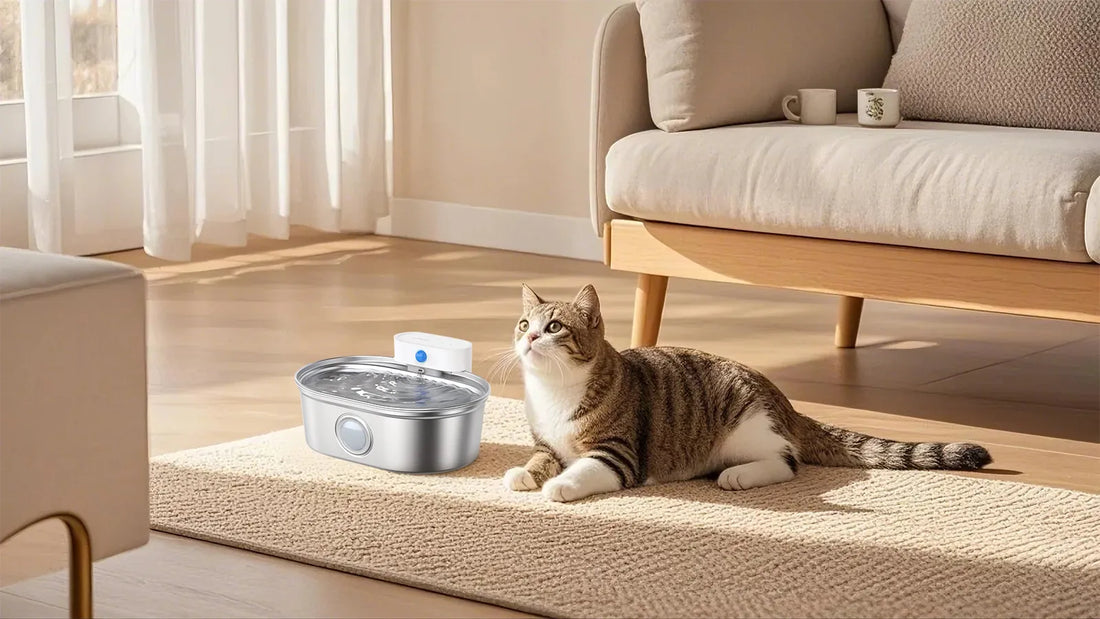If your cat won't stop cleaning itself, you're not alone. Many cat owners have observed their feline companions spending what seems like an excessive amount of time grooming. While grooming is a natural and essential part of a cat's routine, excessive cleaning can sometimes indicate underlying issues. Understanding why your cat won't stop cleaning itself is the first step toward ensuring their well-being.
Why Do Cats Groom Themselves?
Cats are known for their meticulous grooming habits. Grooming serves several purposes, including removing dirt and debris, distributing natural oils, and maintaining a healthy coat. It also helps cats regulate their body temperature and provides a sense of comfort and security. However, when grooming becomes excessive, it may signal a problem.
Common Reasons Why a Cat Won't Stop Cleaning Itself
There are several reasons why your cat might be grooming excessively. Identifying the root cause is crucial for addressing the behavior effectively.
1. Skin Irritations or Allergies
Skin irritations or allergies can cause discomfort, prompting your cat to groom excessively. Common allergens include certain foods, environmental factors like pollen, or even household cleaning products. If your cat is constantly licking or scratching a specific area, it may be trying to alleviate irritation.
2. Parasites
Fleas, ticks, and mites can cause intense itching, leading to excessive grooming. Even if you don't see visible parasites, they could still be the culprit. Regular flea prevention and treatment are essential to keep your cat comfortable.
3. Stress or Anxiety
Cats often groom themselves as a way to cope with stress or anxiety. Changes in their environment, such as moving to a new home, the introduction of a new pet, or even changes in your routine, can trigger excessive grooming. Providing a calm and stable environment can help reduce this behavior.
4. Boredom
Boredom can also lead to excessive grooming. Cats need mental and physical stimulation to stay happy and healthy. If your cat is left alone for long periods or lacks engaging activities, it may turn to grooming as a way to pass the time.
5. Medical Conditions
Certain medical conditions, such as hyperthyroidism, diabetes, or skin infections, can cause excessive grooming. If your cat's grooming habits have changed suddenly or are accompanied by other symptoms like weight loss or lethargy, it's important to consult a veterinarian.
How to Address Excessive Grooming in Cats
Once you've identified the potential cause of your cat's excessive grooming, you can take steps to address the issue. Here are some strategies to help your feline friend:
1. Visit the Veterinarian
If you suspect that your cat's excessive grooming is due to a medical condition, schedule a visit to the veterinarian. A thorough examination can help rule out or diagnose underlying health issues.
2. Address Skin Irritations
If skin irritations or allergies are the cause, work with your veterinarian to identify and eliminate the allergen. This may involve changing your cat's diet, using hypoallergenic grooming products, or making adjustments to your home environment.
3. Provide Mental and Physical Stimulation
To combat boredom, ensure your cat has plenty of toys, scratching posts, and interactive playtime. Puzzle feeders and window perches can also provide mental stimulation and keep your cat entertained.
4. Create a Calm Environment
If stress or anxiety is the issue, create a calm and secure environment for your cat. Provide hiding spots, use calming pheromone diffusers, and maintain a consistent routine to help reduce anxiety.
5. Monitor and Prevent Parasites
Regularly check your cat for signs of parasites and use preventive treatments as recommended by your veterinarian. Keeping your home clean and vacuuming frequently can also help reduce the risk of infestations.
When to Seek Professional Help
While some cases of excessive grooming can be managed at home, others may require professional intervention. If your cat's grooming behavior persists despite your efforts, or if it leads to hair loss, skin sores, or other health issues, seek advice from a veterinarian or a feline behaviorist. They can provide tailored recommendations and treatment options to address the problem effectively.
Understanding why your cat won't stop cleaning itself is key to ensuring their health and happiness. By identifying the underlying cause and taking appropriate action, you can help your feline companion lead a more comfortable and fulfilling life. Don't ignore excessive grooming—your cat's well-being depends on it.













